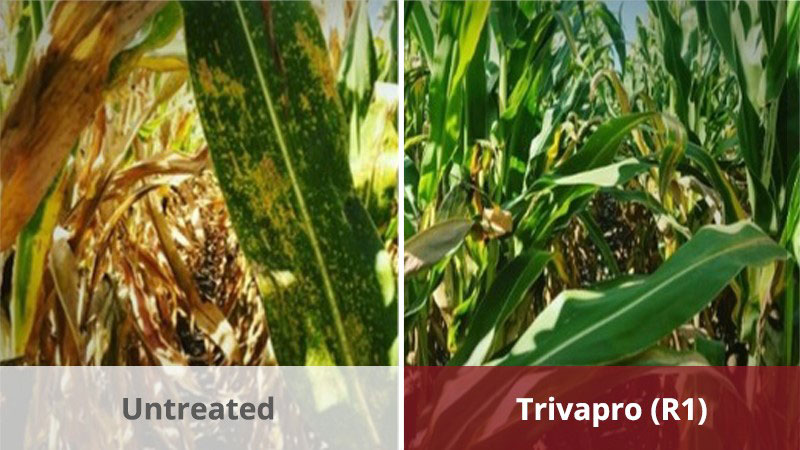Planning for Tomorrow’s Autonomous Vehicles Today
At our magazine’s recent Advisory Council meeting in mid-October, one of the hot topics of conversation was ag technology. Not surprisingly, everyone present at the event had some opinions on the topic, ranging from the possibilities these will offer ag retailers and their grower-customers when it comes to coping with the ongoing labor shortage to improving efficiencies and crop inputs usage/costs. Besides discussing recent drone implementations and the possibilities artificial intelligence (AI) might offer the industry, the topic of autonomous vehicles came up.
Here, at least, Council members agreed that the opportunities these technological marvels might offer agriculture are indeed great. However, widespread adoption of such units in U.S. crop fields will probably take until the end of the 2020s to get going.
Why? Part of the problem, agreed attendees, is that what constitutes an autonomous vehicle is still open to some interpretation. “Say ‘autonomous vehicle’ and some people automatically think driverless,” said numerous Council members. “But others think ‘AI’ is the same as ‘autonomous.’ Right now, there’s no set definition that everyone agrees on.”
But at least one university is taking some steps to help to expand upon – and perhaps clarify – what autonomous vehicles will mean for agriculture in the near future. On October 26, Mississippi State University (MSU) officially opened the Agricultural Autonomy Institute. This will serve as the nation’s first and only interdisciplinary research center focused on autonomous technologies to enhance on-farm precision and efficiency.
“Autonomous systems multiply the productivity of a single farm worker such that they can oversee multiple machines and operations simultaneously,” said Alex Thomasson, Agricultural Autonomy Institute Director and Head of MSU’s Department of Agricultural and Biological Engineering when making the announcement. “We want to attract agricultural equipment companies and conduct research that leads to technology-based start-up companies. We want to develop a new workforce that will have the ability to work in this new world of robotics, mechatronics, and computer coding.”
The research infrastructure for the institute includes a 4,800-square-foot laboratory space in the Pace Seed Technology Laboratory and a five-acre “Autonomous Acres” proving ground at MSU’s R.R. Foil Plant Science Research Center. Examples of the university’s agricultural autonomy research efforts include using robots to harvest crops.
As autonomous vehicle development becomes more commonplace in the years ahead, market watchers can expect more such activity to take place in this space – both at the manufacturer, retail, grower, and university levels.






